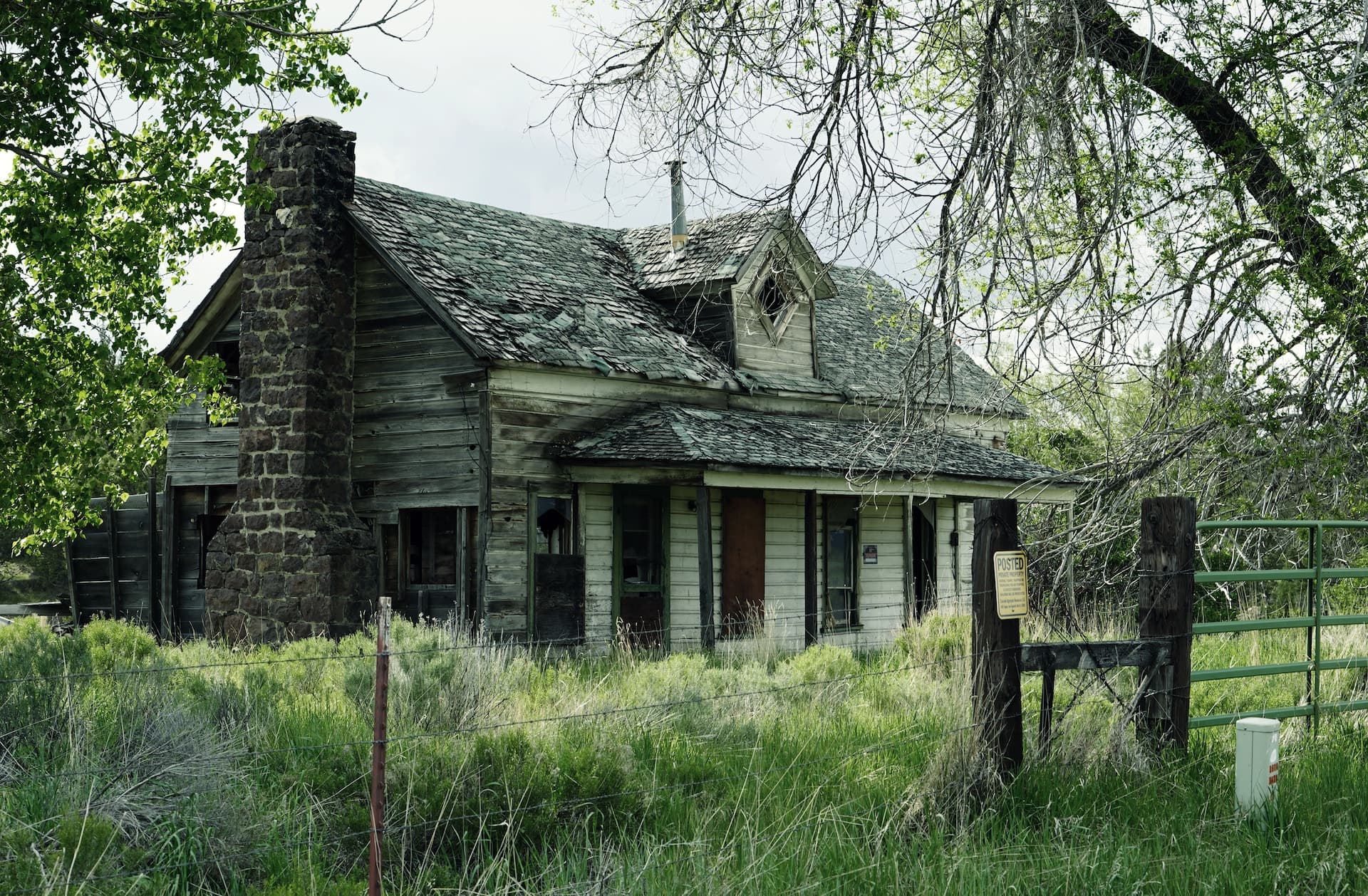

Question: Who pays for a home inspection in Canada?
Answer: In Canada, the home buyer typically pays for the home inspection. You consider it part of your due diligence process to assess the property’s condition before finalizing your purchase.
Who Covers the Cost of a Canadian Home Inspection?
The world of real estate can be quite a whirlwind. Whether you are a first-time home buyer or an experienced investor, understanding the dynamics of the home buying process proves crucial. One common question that arises concerns home inspections: who actually pays for them?
A Recap of Home Inspections
Before we look into the financial aspect, let’s briefly recap what a home inspection entails. A professional home inspector conducts a thorough review of a property. It covers everything from the foundation to the roof, assessing the state of the property’s structure, electrical systems, plumbing, and more. The objective is to identify any existing or potential issues that could impact the value or livability of the home. This assessment provides you with critical knowledge, allowing you to make well-informed decisions about your potential investment and empowering you to negotiate effectively with the seller.
Click here for more information about real estate agents in Orangeville
Related Article: How Do I Prepare for a Home Inspection in Canada?
Related Article: Is a Home Inspection Mandatory in Ontario?
The Traditional Norm: Buyer’s Responsibility
In most cases across Canada, you, the home buyer, take on the responsibility for paying for a home inspection. This arrangement exists because the home inspection primarily benefits you by revealing any hidden issues with the property before you finalize the purchase. You choose the home inspector, schedule the inspection at your convenience, and directly pay their fees. These costs can range significantly, typically from $300 to $600 or more, depending on factors like the size and age of the property, its location, and the specific services the inspector offers (e.g., specialized testing for radon or mold). You consider this a fundamental part of your due diligence, helping you protect your investment.
An Exception to the Rule: Pre-Listing Inspections
There are instances, however, when the seller might opt to pay for a home inspection. This typically happens with “pre-listing inspections.” In this scenario, the seller hires a home inspector before listing the property for sale. The goal here is to identify and address any issues upfront, making the property more appealing to potential buyers and potentially expediting the selling process. A seller who conducts a pre-listing inspection can proactively fix problems, showcase their home’s good condition, and potentially justify their asking price. They often share the report with interested buyers, providing transparency and potentially reducing the buyer’s need for their own inspection, or at least speeding up their decision-making process. This can give sellers a competitive edge in certain markets.
Considering Negotiations: A Matter of Agreement
While it is less common, you may encounter situations where the buyer and seller agree to share the cost of the home inspection. This could happen as part of negotiations, especially if the buyer discovers a significant issue they want to understand better, and the seller has some interest in facilitating the sale. For example, if the buyer finds a major problem and requests an inspection, the seller might offer to contribute to the cost to keep the deal moving forward. It represents a less conventional approach and depends largely on the dynamics between the buyer and seller, as well as the specificities of the property market. Strong buyer’s markets might see buyers pushing for this more often, while strong seller’s markets give buyers less leverage for such requests.
A Wise Investment
Despite who covers the cost, the value of a home inspection remains undisputed. It offers you a detailed insight into a property’s condition, highlighting potential issues, and giving you invaluable peace of mind as the buyer. Although it comes with an upfront cost, consider it a wise investment that protects you from unforeseen and potentially expensive problems down the line. A home inspection significantly reduces your financial risk and helps you make a more informed and confident purchase, preventing future regrets.
Conclusion
As we wrap up, it’s important to remember that buying a home involves more than just the initial purchase price. Additional costs, such as home inspections, are part and parcel of the process. While you, the buyer, traditionally take responsibility for covering this cost, exceptions and negotiations can occur. Regardless of who pays, a home inspection is an integral part of making a confident and informed home purchase. It empowers you with knowledge and protects your financial well-being throughout your homeownership journey.


